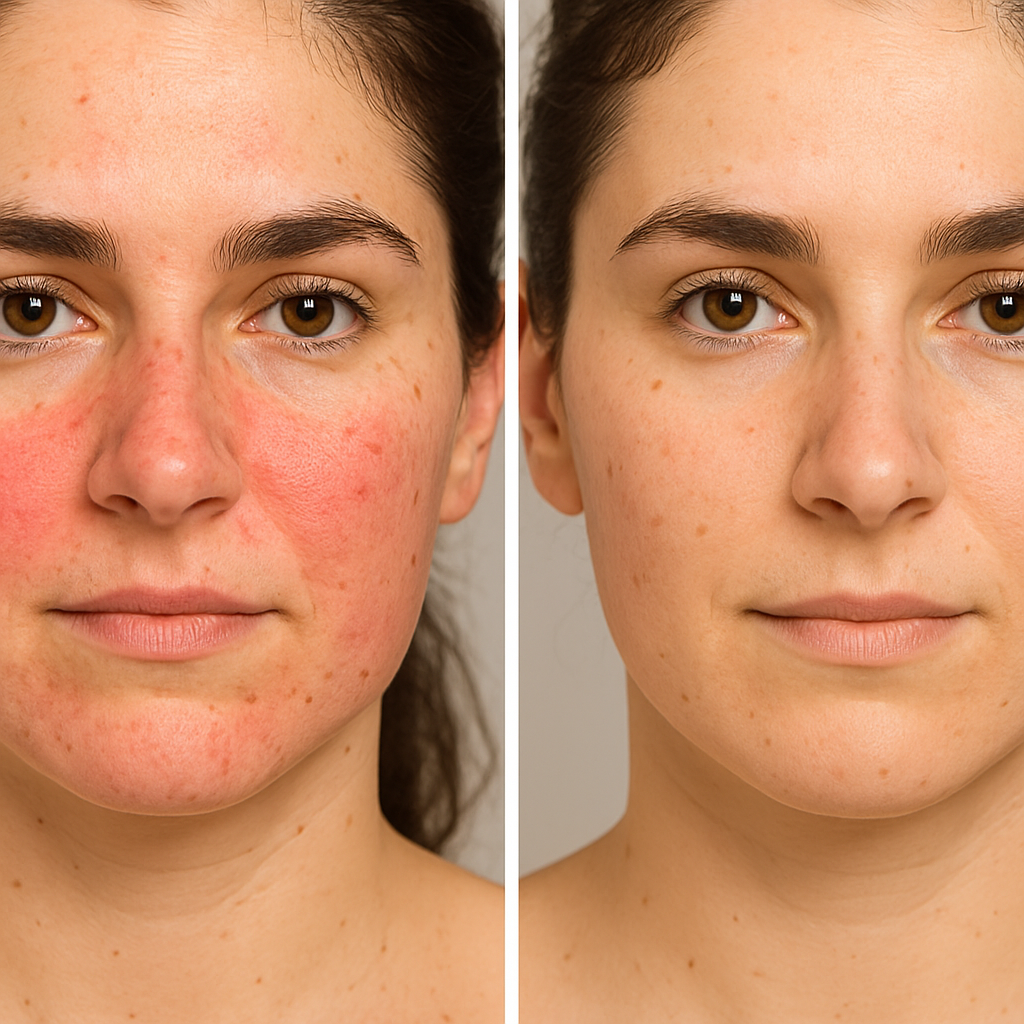Meet Navi
Your personal AI assistant for aesthetic treatments. Get instant answers, personalized recommendations, and expert guidance 24/7.
Your best you awaits.
Expert aesthetic care made simple.
Connect with board-certified providers, explore proven treatments, and book your consultation with confidence. Your journey to enhanced beauty starts here.

98% Satisfaction
Patient Success Rate
Ready to Start Your Journey?
Book a free consultation with our vetted, board-certified providers. No commitment required.
Easy Scheduling
Book online in under 2 minutes
Vetted Providers
All providers are board-certified and licensed
Proven Results
98% patient satisfaction rate
PRF/PRP
CO2/ Erbium
RF Microneedling
Popular Treatment Categories
Explore our most sought-after treatments, all performed by board-certified professionals
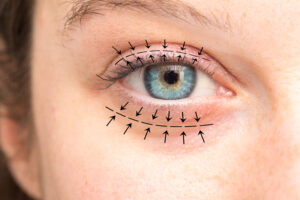
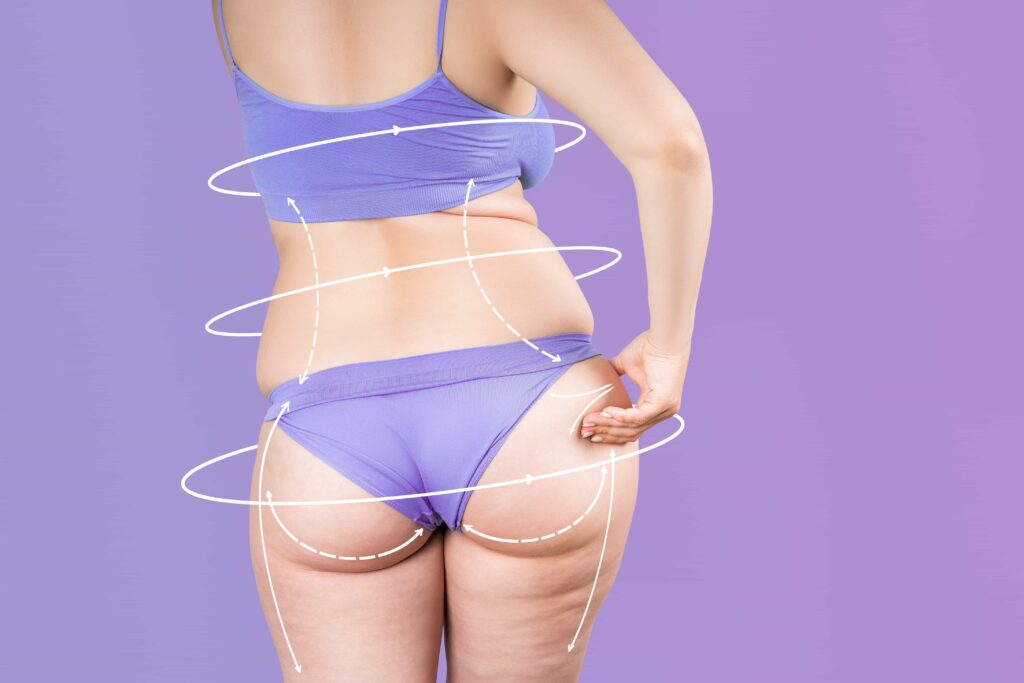
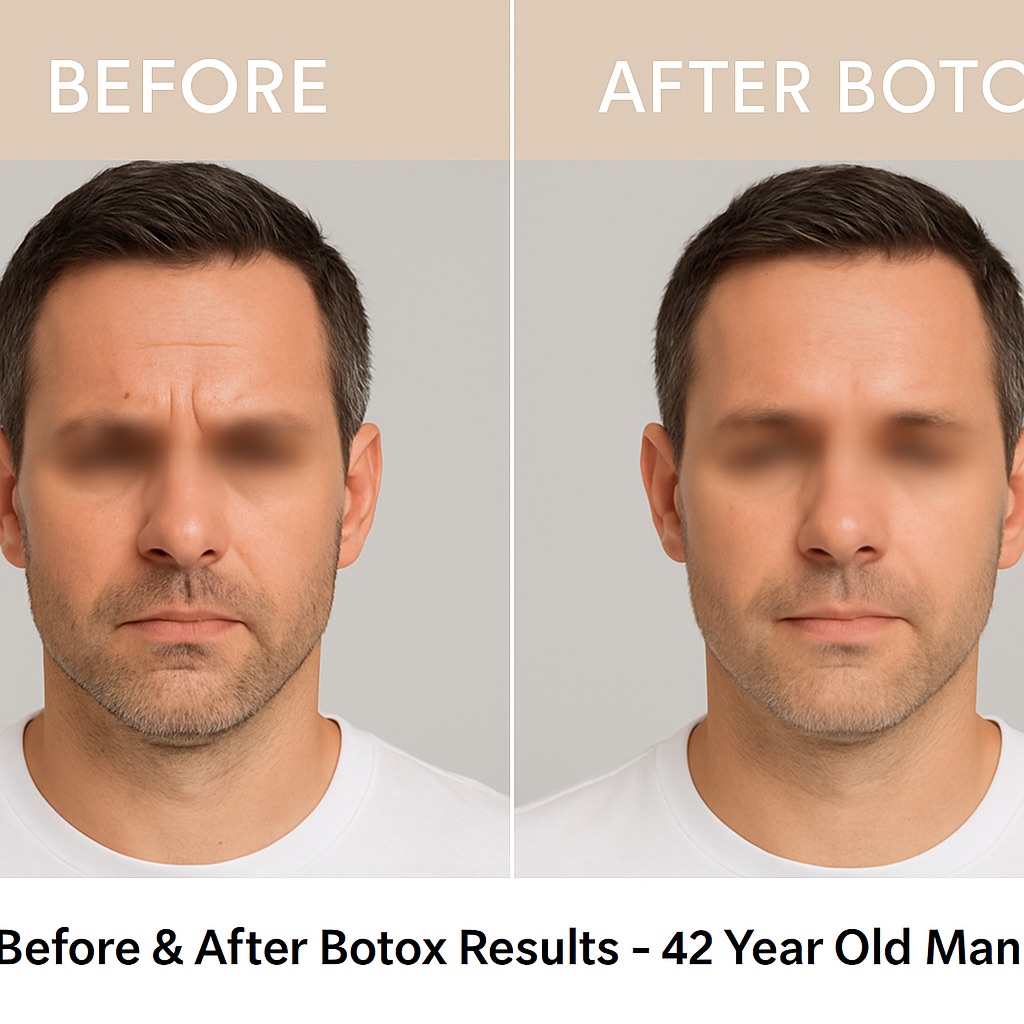
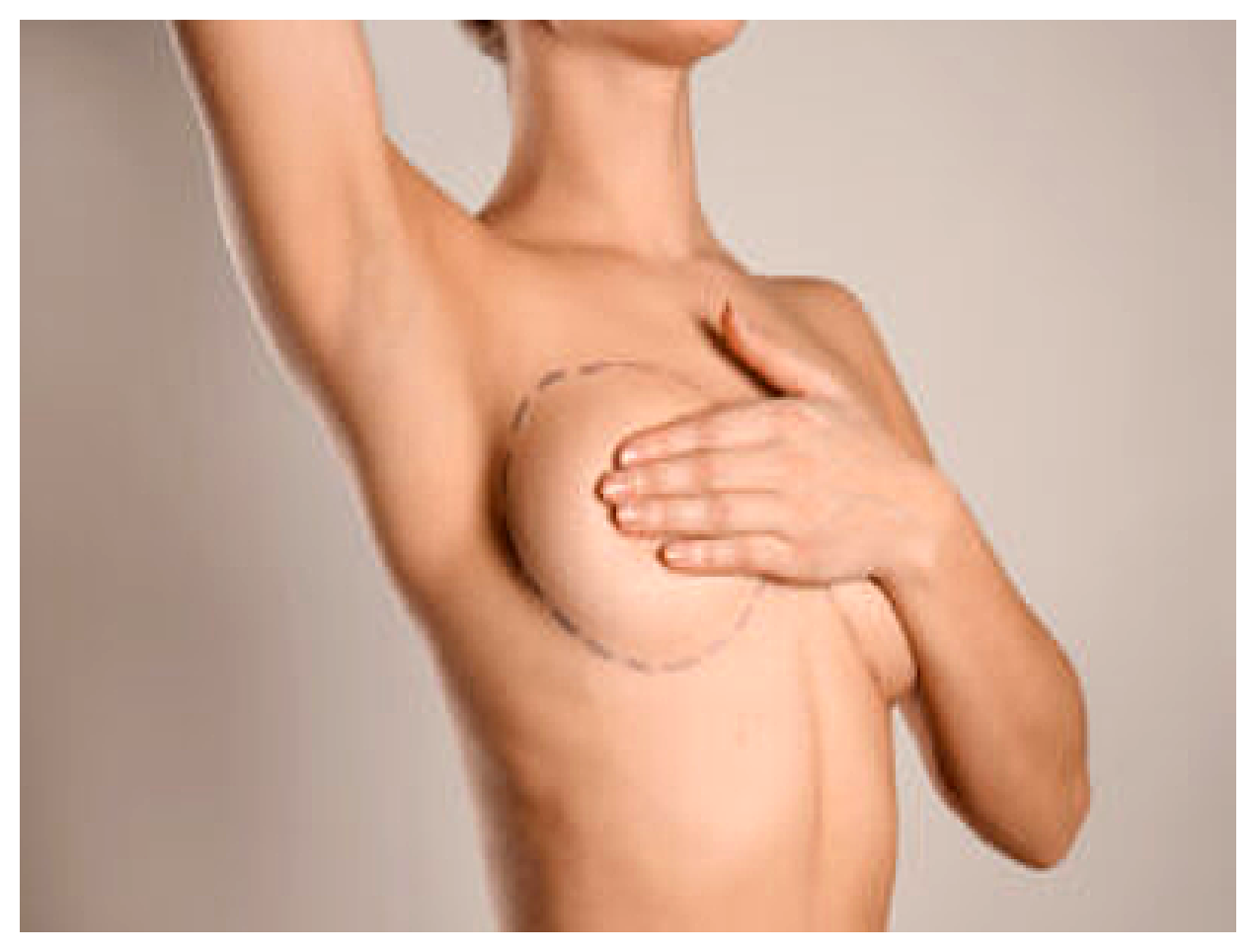
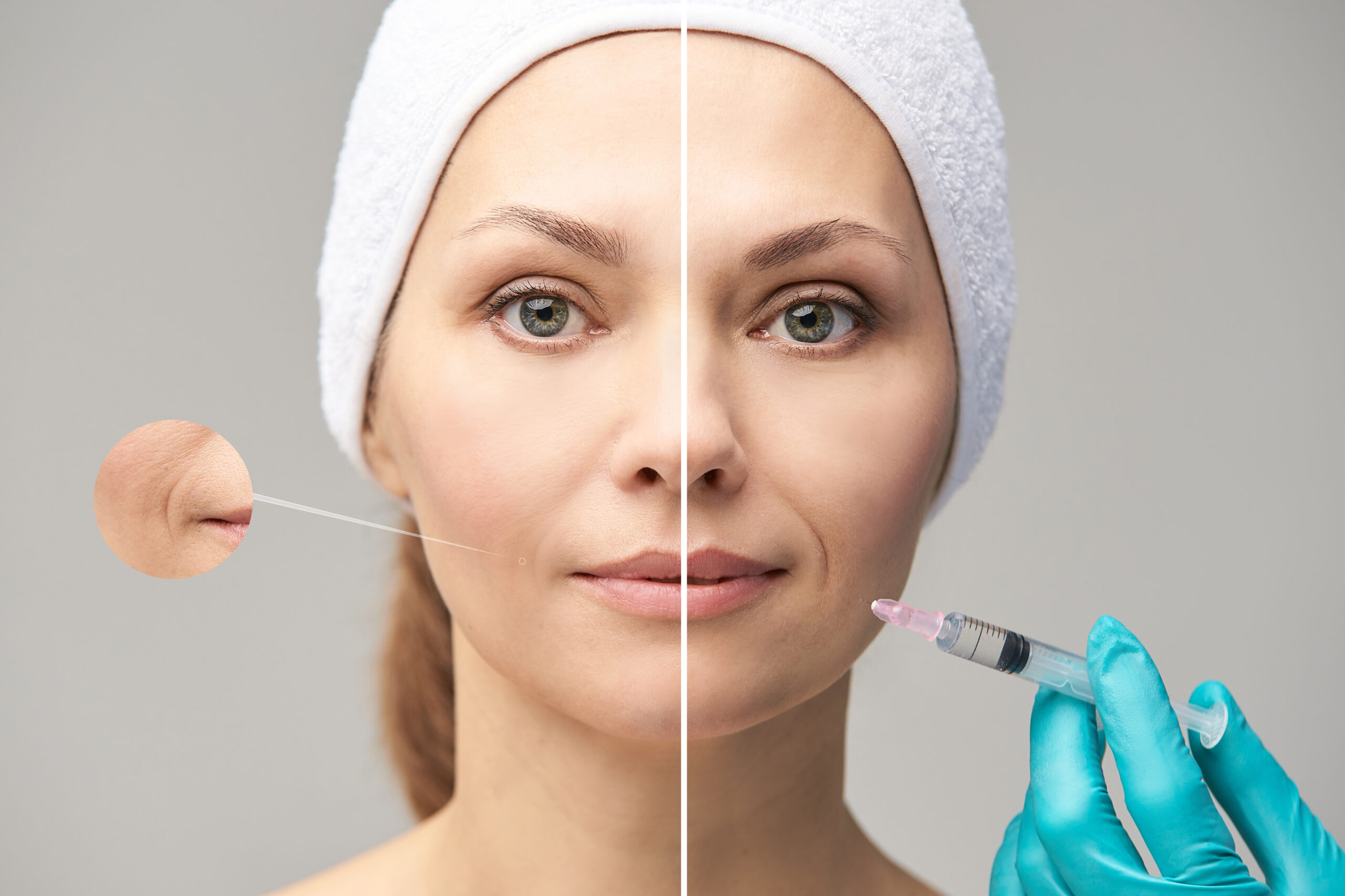
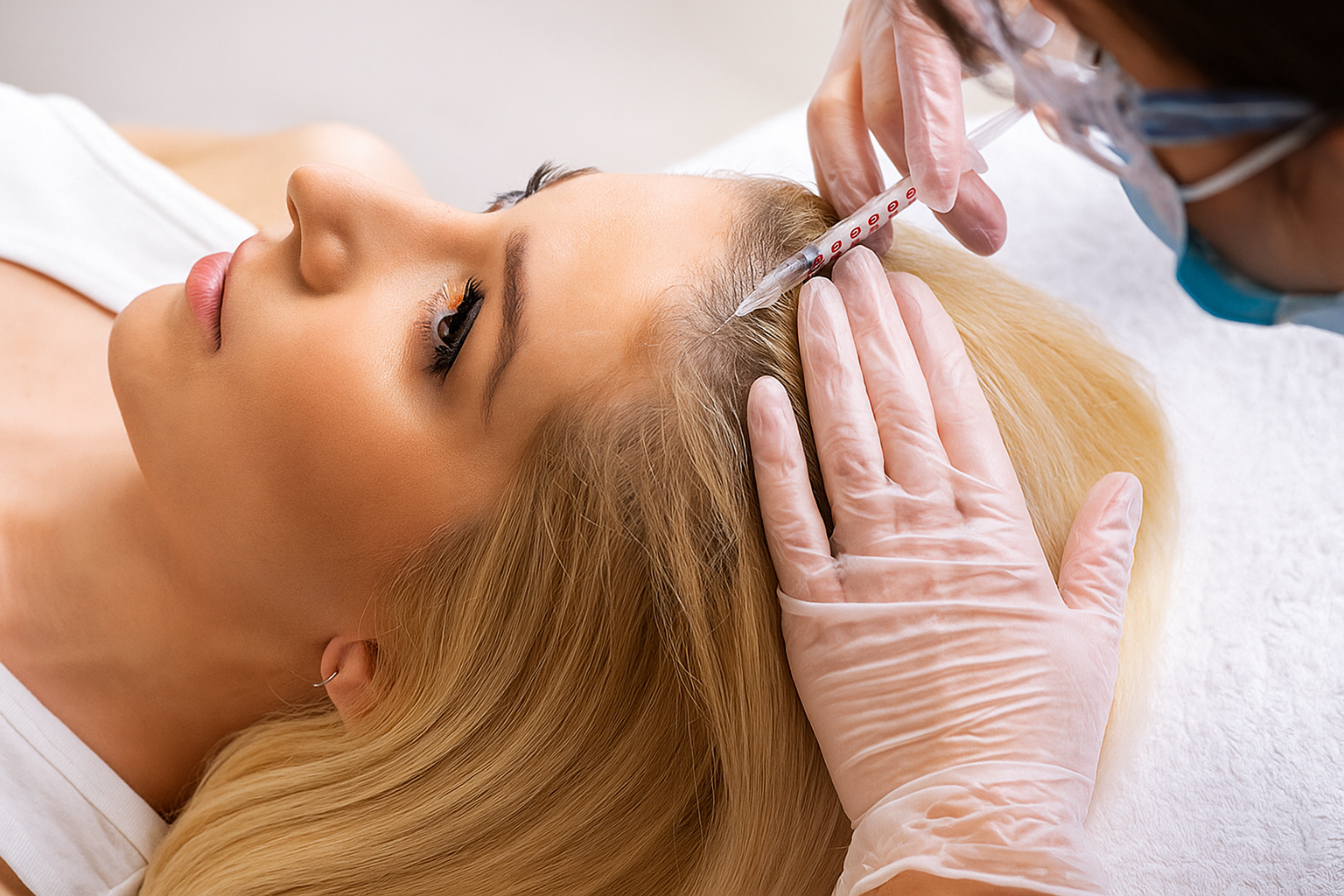
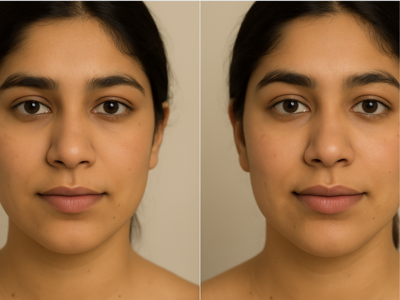

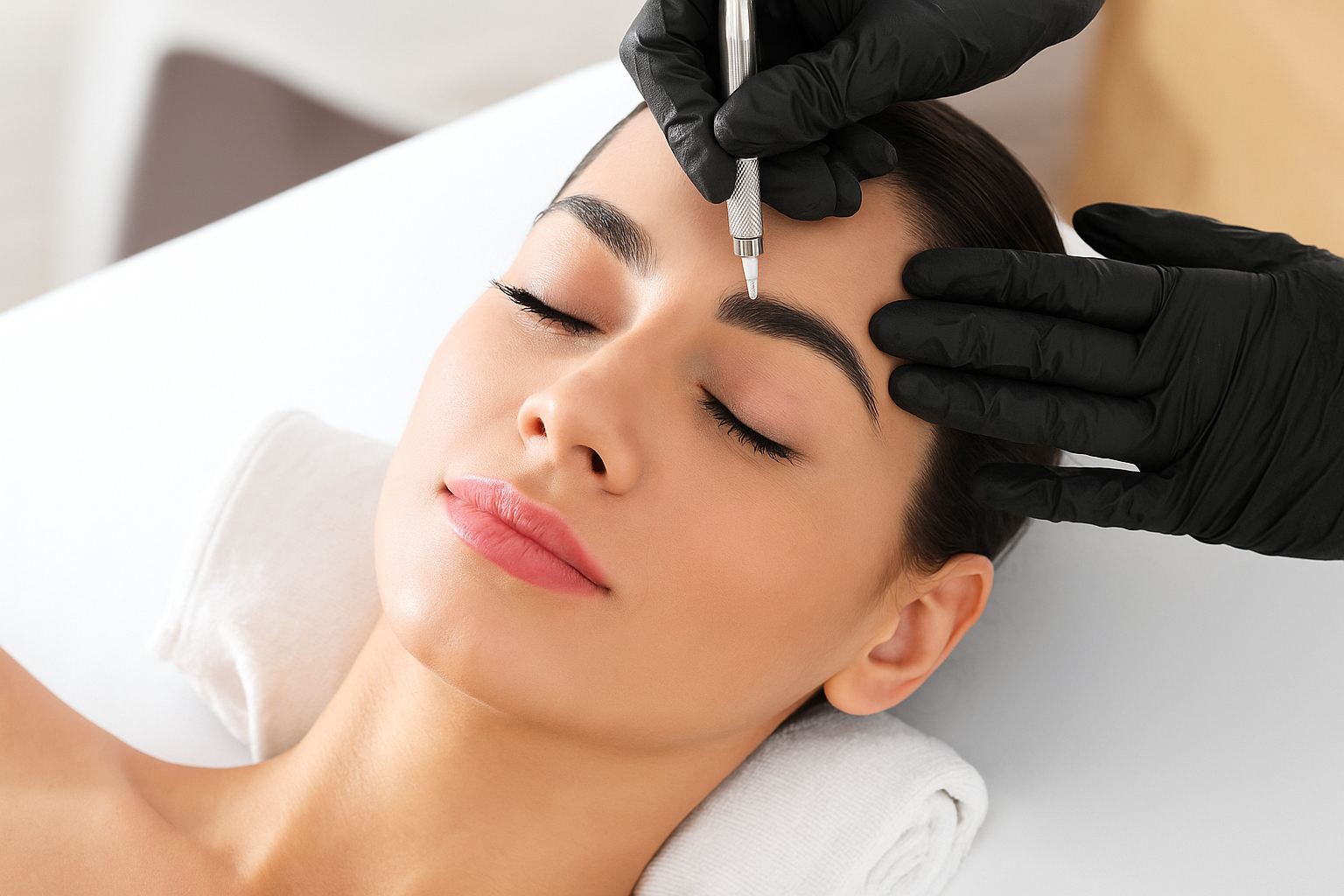
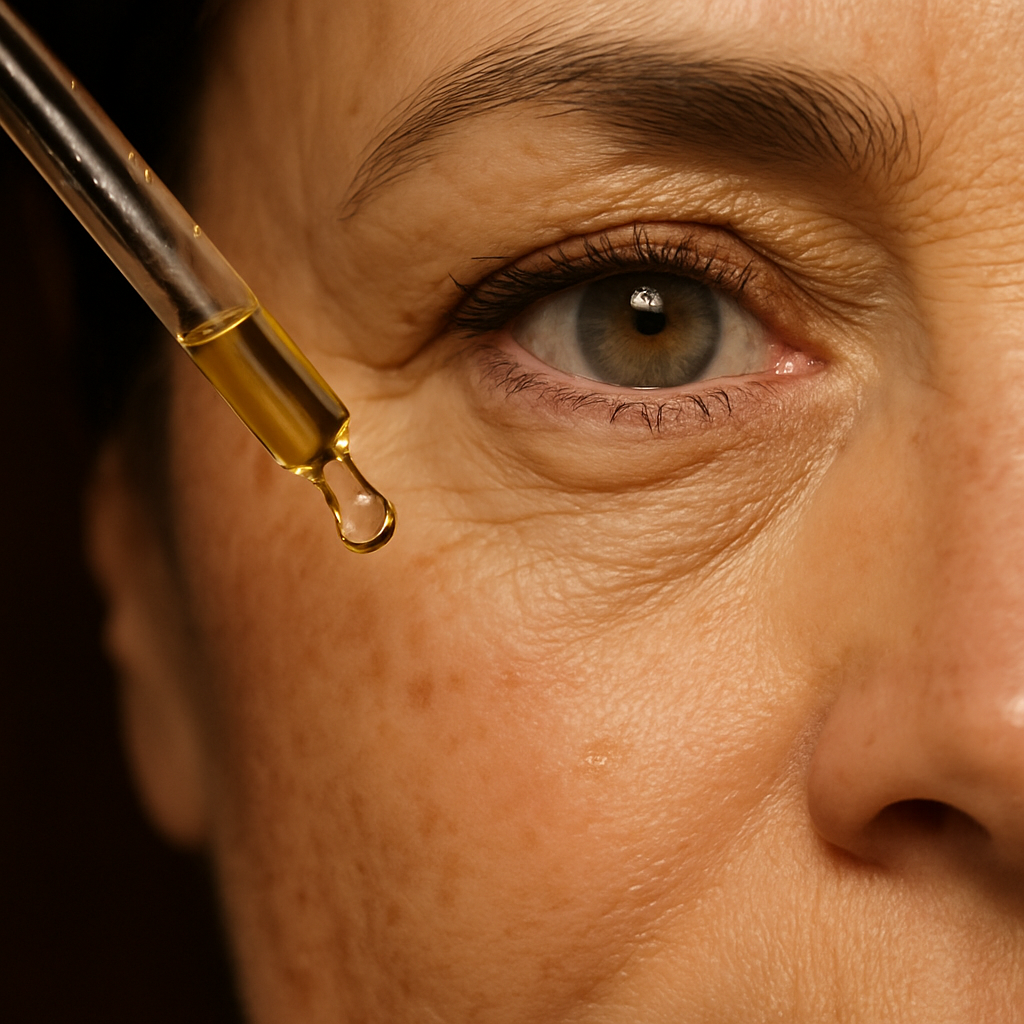
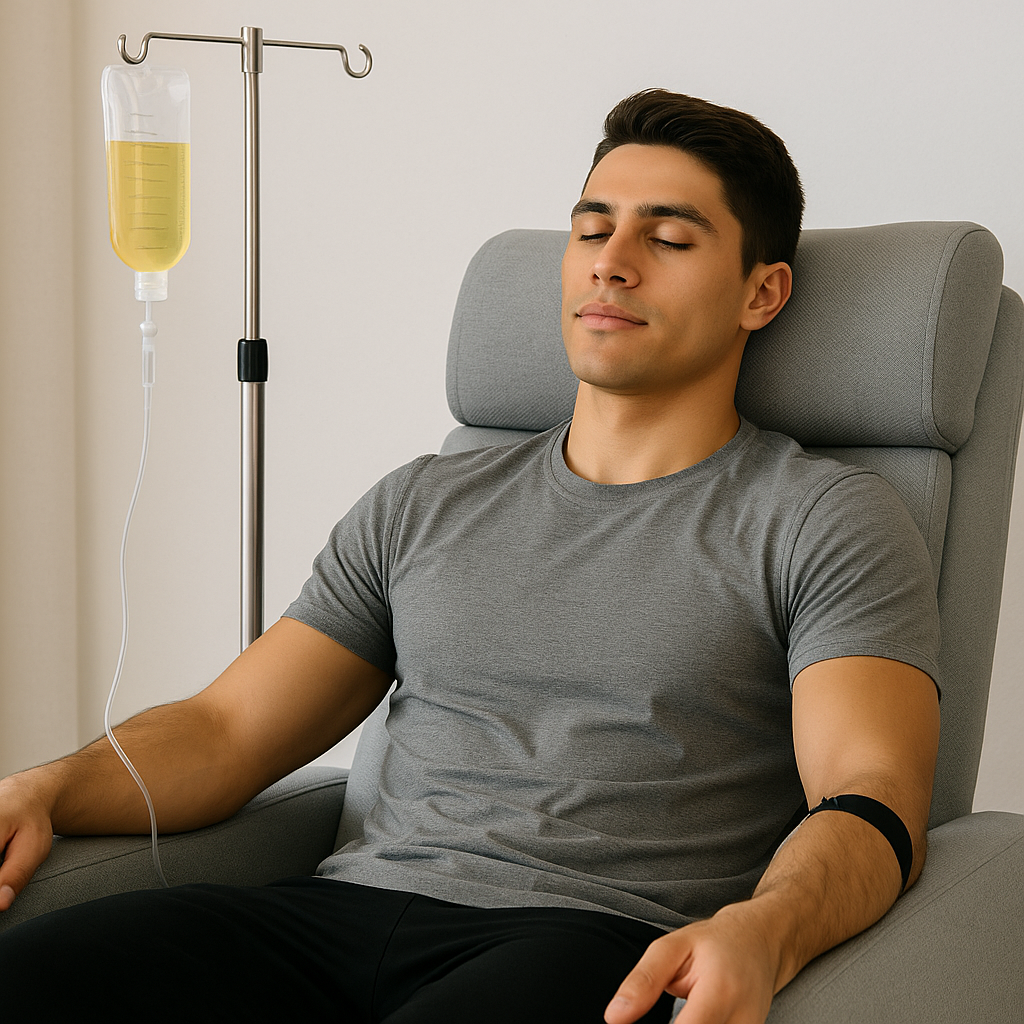
Common Conditions
Find effective solutions for these common aesthetic concerns with our board-certified providers
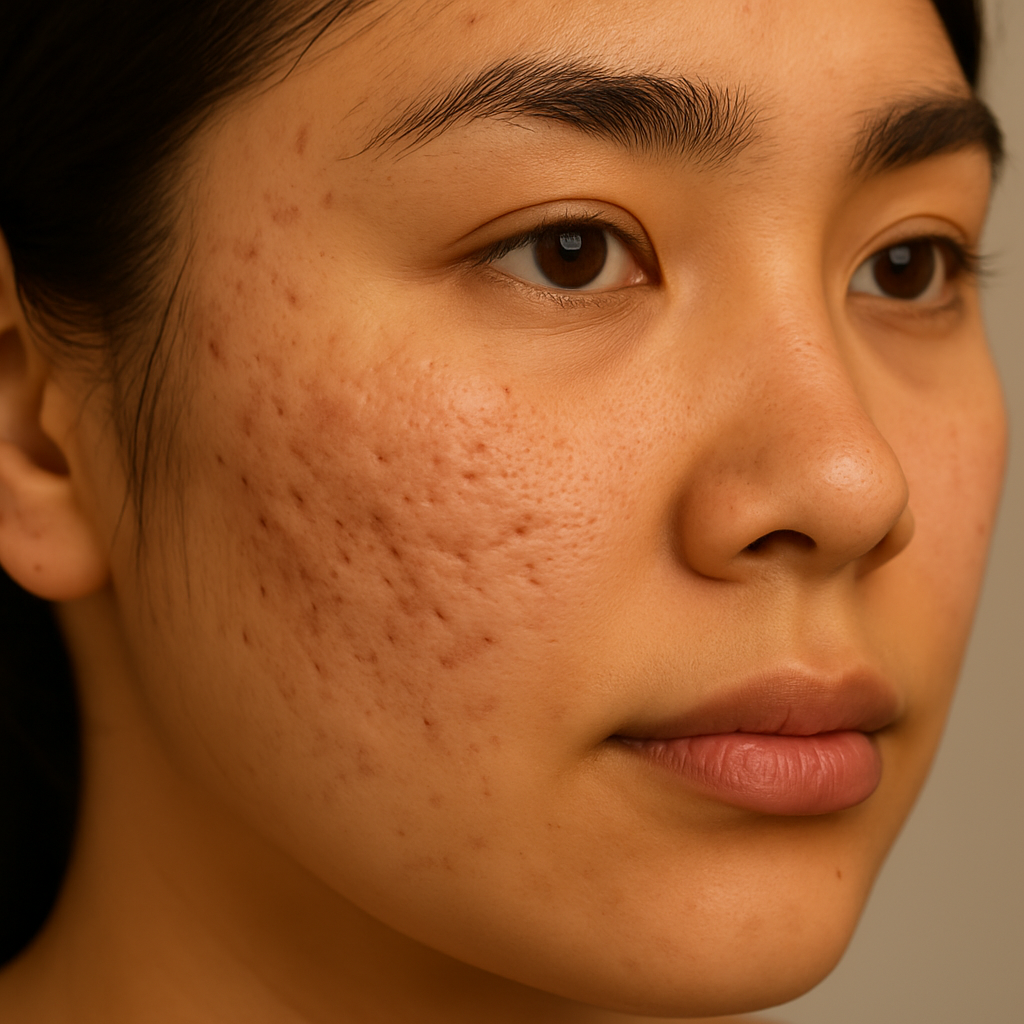
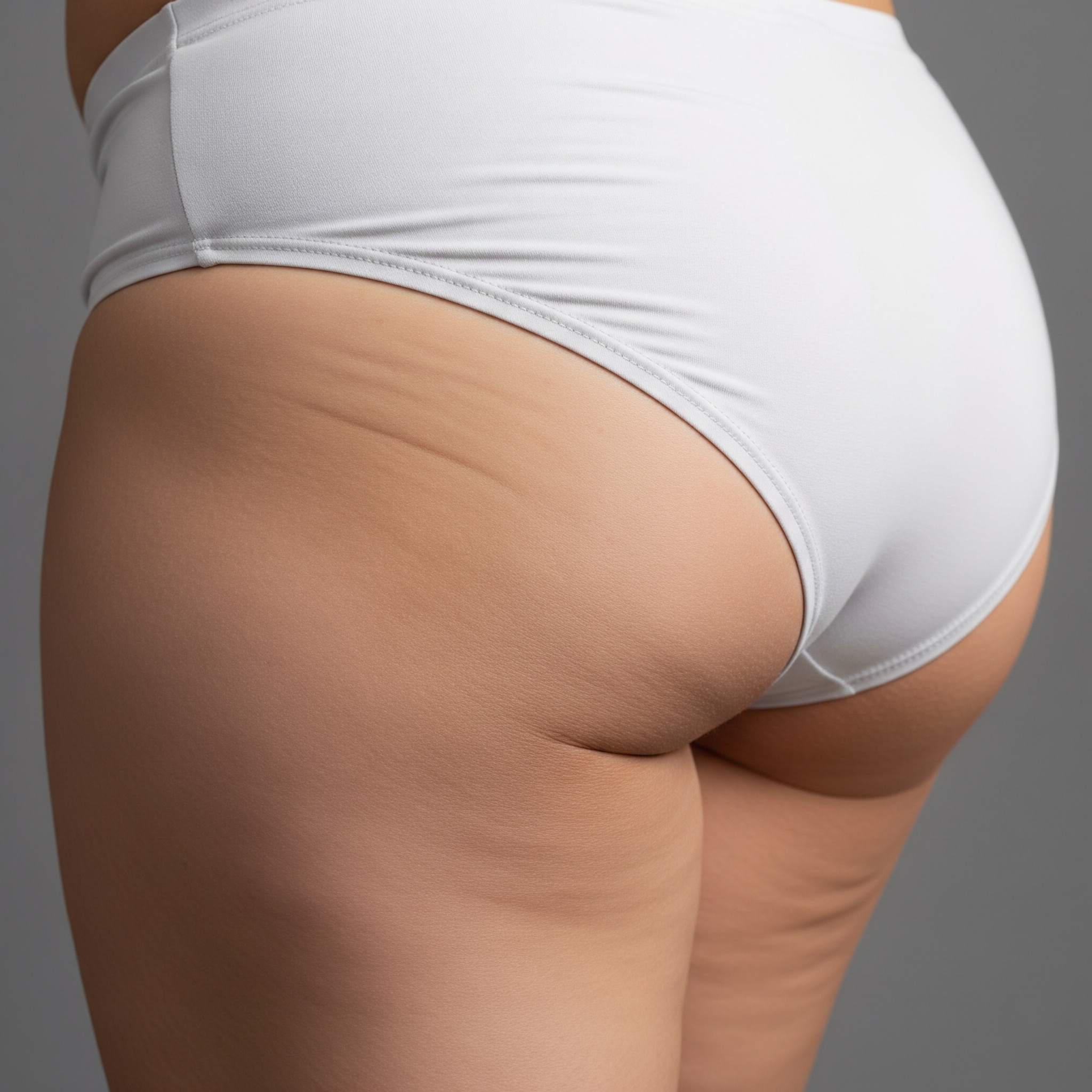
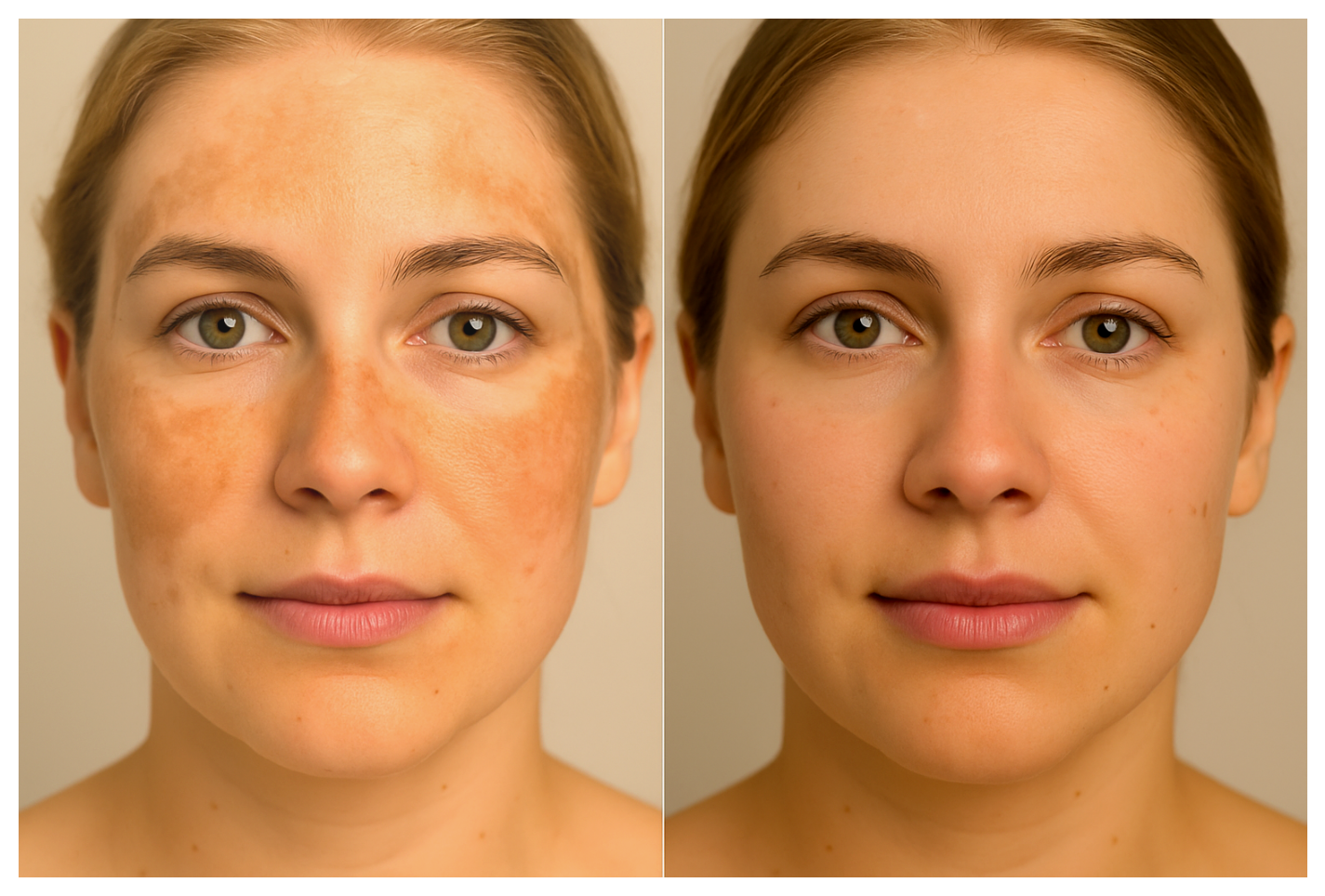
Popular Devices
Cutting-edge technology for superior results, available at our top provider locations
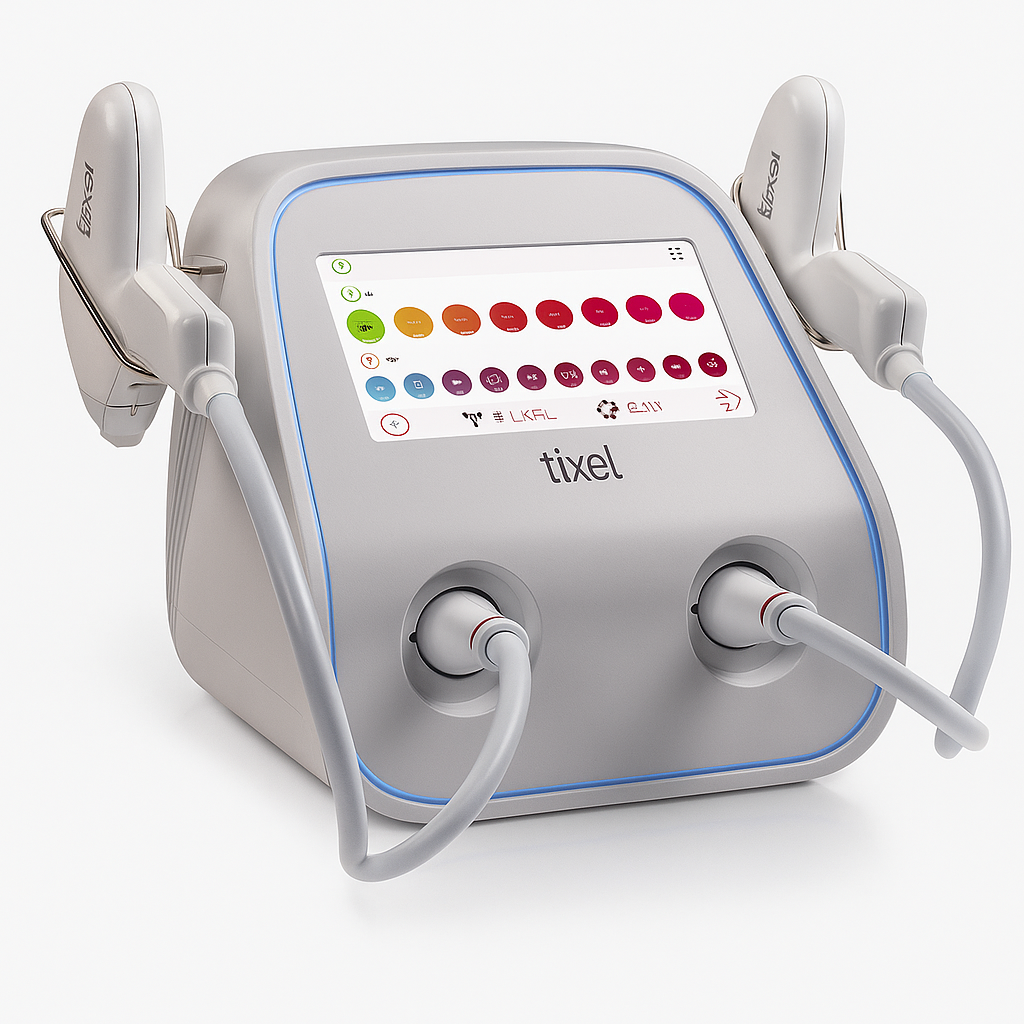
Tixel 2
Advanced fractional skin resurfacing using thermal energy for improved texture and tone

Morpheus RF
Deep microneedling with radiofrequency for skin tightening and remodeling
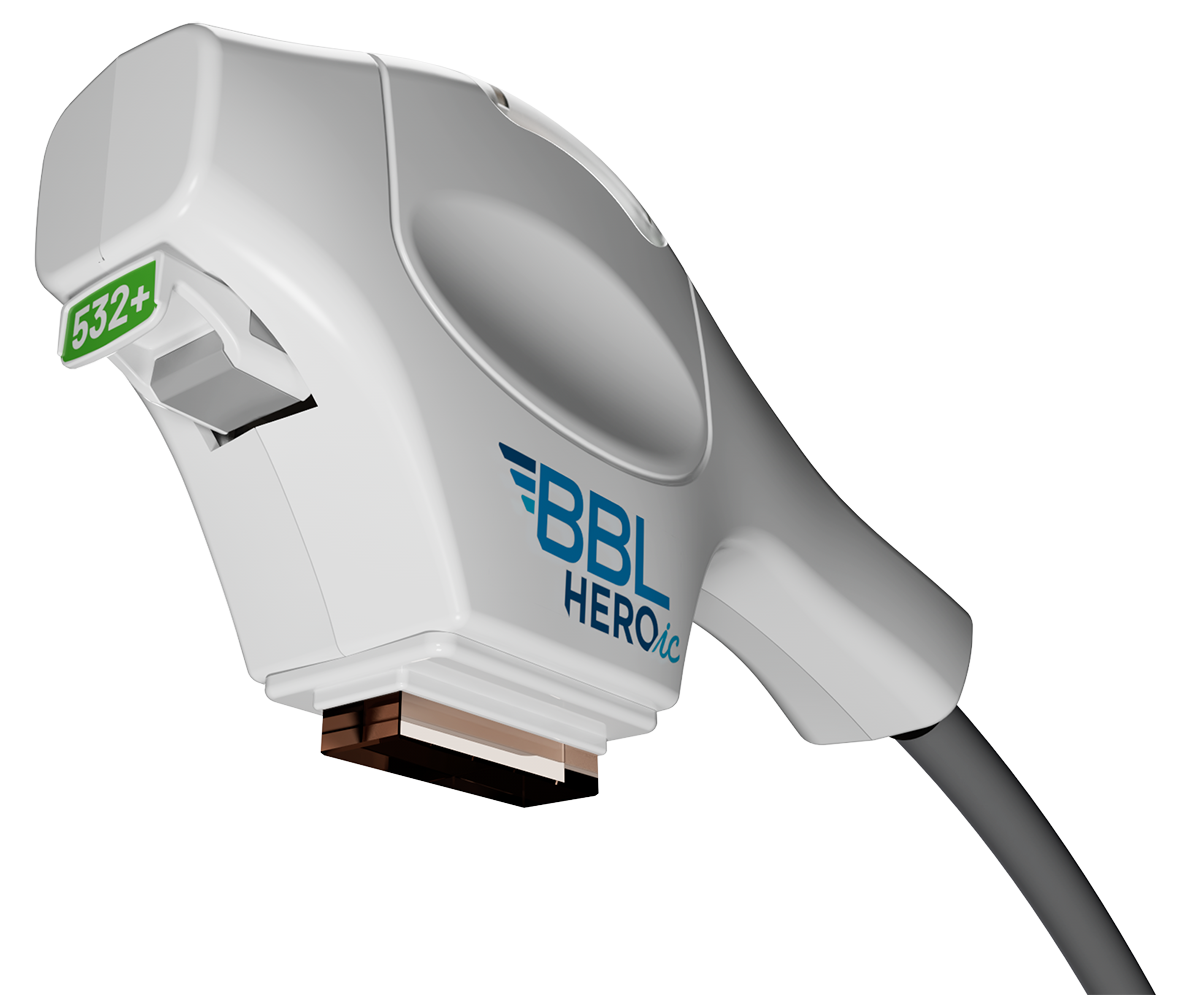
BBL Hero
High-energy rapid output broadband light for pigmentation, redness, and skin rejuvenation
Meet Our Vetted Providers
All our providers are board-certified professionals with proven track records of excellence

Amanda Bagby
Facial Aesthetician
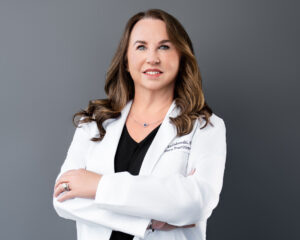
Amy Kadlubowski
Laser Treatments & Skin Rejuvenation
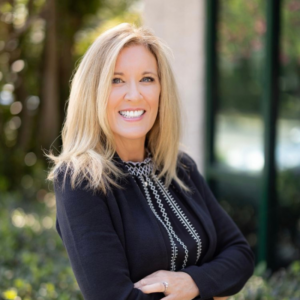
Tracy Beluscak
Laser Treatments & Skin Rejuvenation
Real Results from Real Patients
See why thousands of patients trust us with their aesthetic journey
"The entire experience was exceptional. The platform made it so easy to find the right provider, and the results exceeded my expectations. I look natural and feel more confident than ever!"
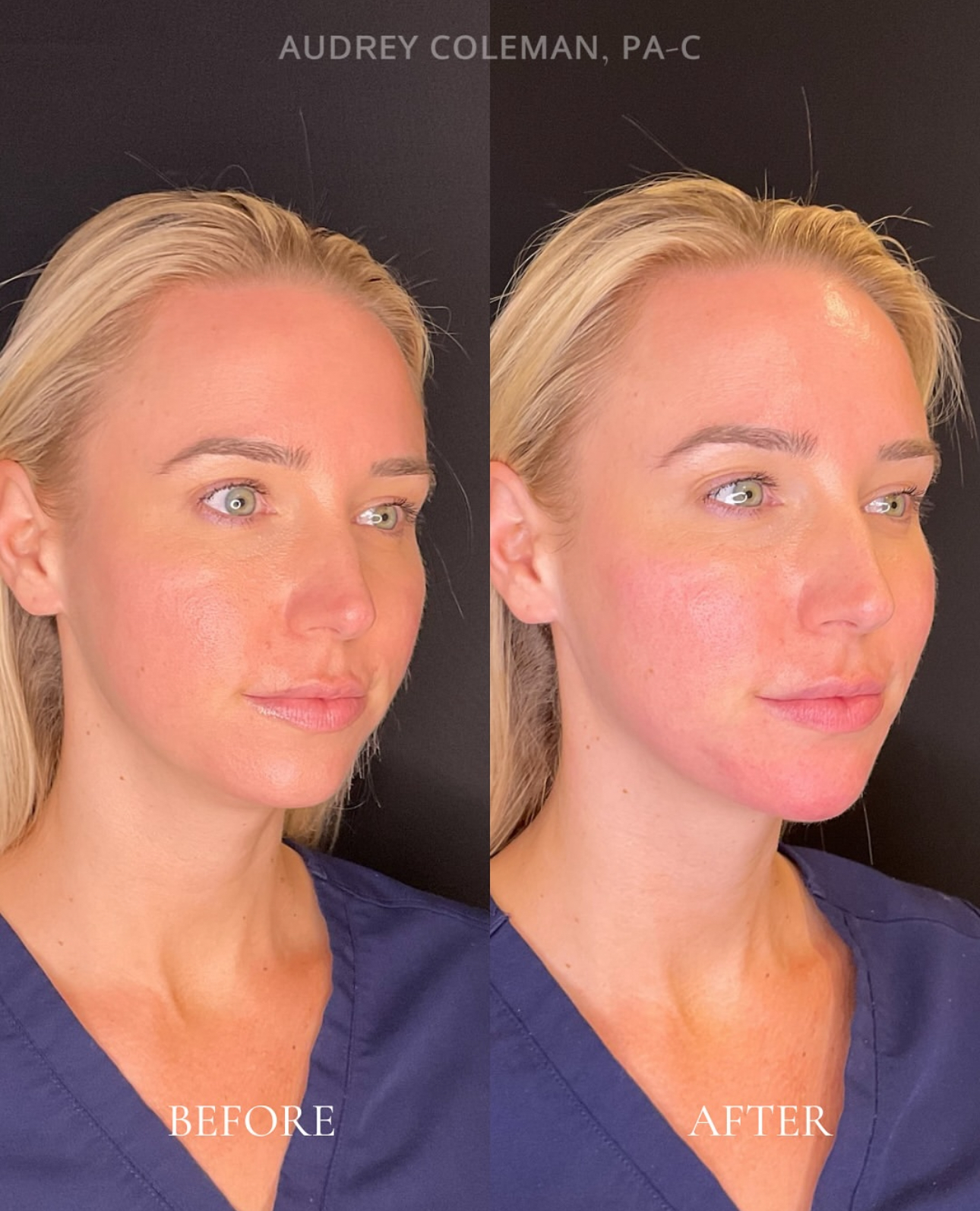
Botox & Dermal Fillers Results
Why Patients Trust Aesthetics HQ
Your safety and satisfaction are our top priorities. Here's what sets us apart.
Board-Certified Providers
All providers undergo rigorous vetting and certification verification
FDA-Approved Treatments
Only proven, safe treatments with established track records
35,000+ Happy Patients
Join thousands who have achieved their aesthetic goals safely
20+ Years Experience
Trusted platform with over a decade of excellence in aesthetic care

